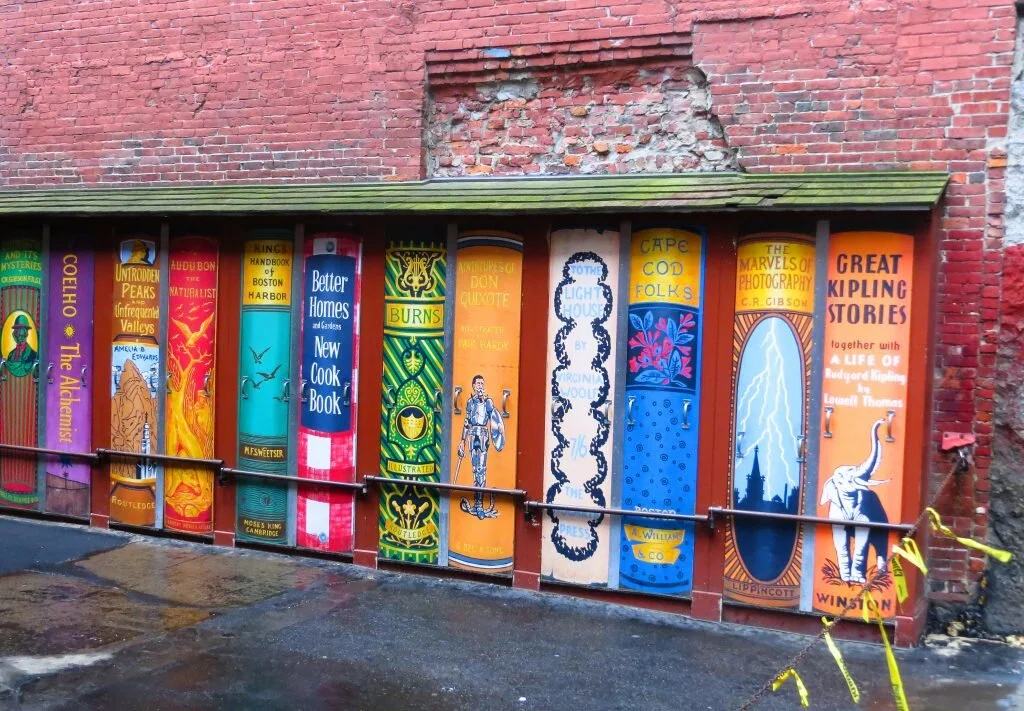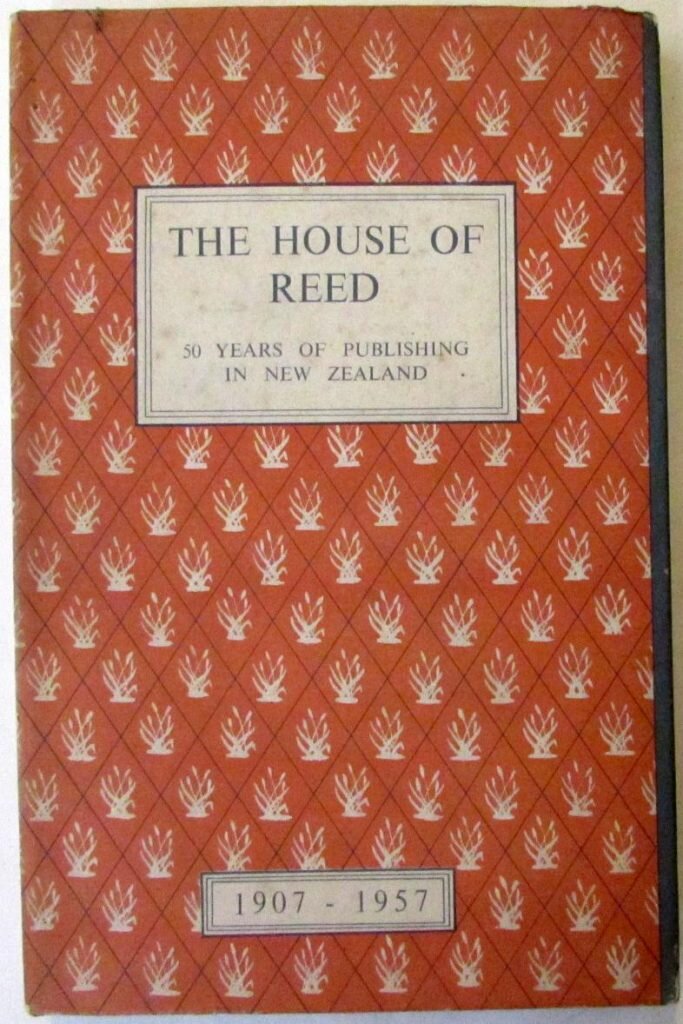Legal Revealing in Boston
Literary Tourist in Boston, Day 3

We went for the breakfast buffet at the hotel. One of the servers raved about this Chia pudding mixture presented in a little glass cup. It was so good I had two.
We walked across the parking garage to the "T" station; the train car was already crowded with commuters. A few more stops and the crowd had become a crush. Then there was this announcement: "Expect delays ahead on the track." The train lurched to a stop between stations. Time was scarce. I had an appointment to interview George Andreou at 10 O'clock.
If I didn't act decisively, I'd be late. So, at the next stop I made a move - forced my way through the sardined bodies, out onto the platform, up the stairs and into the street, where I flailed for a taxi. Luckily one drove up pretty quickly and soon I was sitting, once again stuck in traffic, inching slowly towards the Harvard University Press (HUP) near campus. Amazingly I got there on time, with time in fact to browse the books lining the holding tank I'd been led to. It looked like the shelves contained a good deal of the Press's back-list. I was surprised by the colour and diversity. The HUP dates back to 1908 or thereabouts. I'd glanced through my copy of
Max Hall's history of the press before leaving Montreal - and learned some surprising 'facts': for example, famed book designer William A. Dwiggins was acting director of the Press from 1917-1918. His influence was felt throughout the twenties, during which time many beautiful books were produced. HUP lays claim to the 'Bay Psalm Book' (1640) - the first book to be printed in the future United States - on the strength of it having been printed near campus ( bit of a stretch I'd say).
George was appointed Director of HUP a couple of years ago, coming over from Knopf. In the last telephone conversation I'd had/have with Sonny Mehta, he recommended I interview George.
George and I talked about the Christmassy colours of HUP's Loeb Classical Library series; about how his experience as a trade publisher differs from but assists him in his current role; about why editors are so often made publishers despite their lack of administrative experience, and much more. Listen to our conversation here:
I asked George how long it would take to get to the Harvard Book Store. He said fifteen minutes if I walked briskly and pointed me in the right direction. Half an hour later I arrived, panting, at Stephanie Burt's office in the English Department ( a block from the bookstore). Things were a bit hurried as a result. I had hoped to dig deep into Don't Read Poetry(with it's lovely Wordsworthian cover),
however, we only had time (less than an hour as it turned out, but more than I thought we'd get) to talk about some sock-doffing poems and Stephanie's new sexual identity and how it informs and doesn't inform, her teaching, criticism and poetry. A revealing conversation that you can listen to here:
After the interview I walked a short block over to the Harvard Book Store
and headed to the basement. Saw this on the way down:
Since I'd recently rapped with David Gilmour about Capote's deservedly praised short story, 'Mojave', I thought I'd send him this photo. Listen to our scotch-scorched baritones here:
Down in the basement I found a copy of John Freeman's How to Read a Novelist. I was planning to interview him ( in fact I've just done so via Zoom - stay tuned) about 'author interviewing;' this was just the book I was looking for.
From the bookstore I walked a couple of blocks over to the Tatte Bakery & Cafe where I had a bowl of very good vegetable puree soup. Then it was back downtown to Brattle Books
which I knew would be open this time round. I headed upstairs to the Books on Books section. Someone else was browsing it - meticulously. Must be a bookseller. I eventually came out with a dozen or so publisher/printer histories, each priced between ten and twenty bucks, including a signed copy of this baby from New Zealand
I lugged my pile downstairs and asked the clerk if she could set it aside behind the counter for pick-up the following day when I could fork-lift it into the car. She happily complied. I then walked around the corner to Emerson University where David Emblidge teaches. I'd first come across David's name at the SHARP 2019 Conference in Amherst, MA where he'd delivered a paper on the old Scribner's bookshop. We weren't able to connect at the time so I agreed to contact him the next time I was in Boston. And this was it. David has written sketches not only of Scribner's, but of the Gotham Bookmart, The Old Corner Bookstore and City Lights. Perfect material for the Biblio File podcast. So we sat down to talk. Here's the result:
Afterwards we strolled over to the nearby Starbucks to wait for the other Dave, before all dining together. David E had just the spot in mind, on the edge of Boston's 'Literary District' a few blocks away.
Yes. It was another Legal Seafood branch: Legal Crossing. We didn't object. All of us went for the chowder, and then assorted tasty fish dishes.
David E reminisced about how he'd spent summers during his childhood in Canada on the shores of Lake Erie, and remarked on how refreshing it was to be in the company of Canadians. Canada manages things differently, he suggested. It's less chaotic and has better decision-making processes in place; politics aren't so partisan or acrimonious or frustrating. This may be so I responded, but our Prime Minister doesn't know right from wrong, which kind of undermines all of the nice stuff. 'Is it too much to ask for leaders who are honest and intelligent?' we all chimed in rhetorically.
Talk turned to Thomas Jefferson and his 6,500-book library. He sold it to the U.S. government in 1815 on account of a fire in the Library of Congress. David E. wrote an article about Jefferson's book buying some years ago and did a deep dive into Jefferson's relationship with booksellers around the world. The former President's correspondence with them is voluminous, and multilingual, given that he was fluent in many languages. David's piece examines Jefferson's plan to organize the universe of knowledge as it stood at the time (it was so interesting that he figures there's a book in it, and has started to pitch the idea).
After a bit more talk about Liberal Arts programs being undermined by job training courses at universities and how this short changes students, plus some enjoyable banter about reading and self-education and life-long enterprises, we called it an evening. Another boss day in the books.
To be continued.








